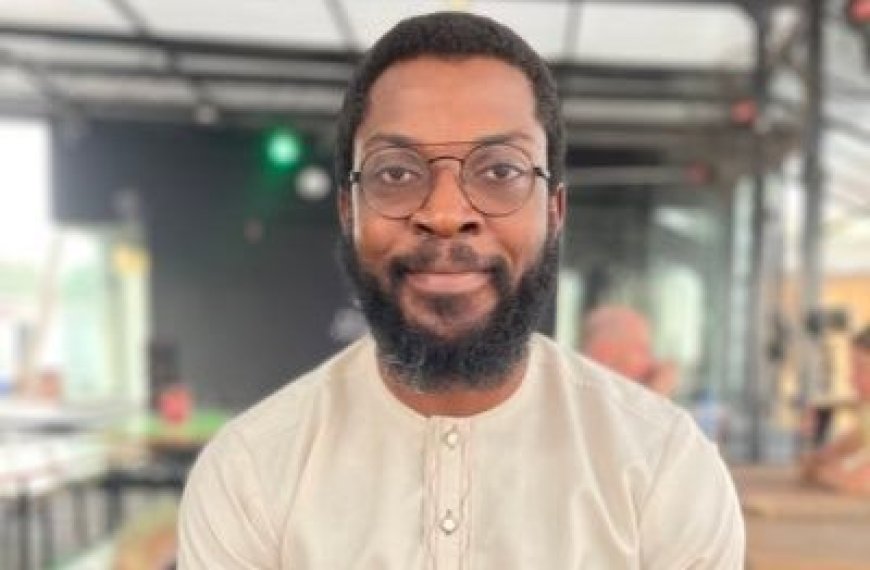Lack of trust in healthcare staff threatens patient safety – Expert

The absence of trust is one of the silent killers in Africa’s healthcare system, according to Healthcare Management Consultant and Chief Executive Officer of Cedarcrest Hospital, Dr. Debo Odulana.
Speaking to the News Agency of Nigeria (NAN) on Saturday in Abuja, Odulana said a culture of fear in many hospitals across Sub-Saharan Africa has become a major barrier to patient safety and staff productivity.
According to him, hospitals continue to struggle with low incident reporting because staff fear blame rather than seeing mistakes as opportunities to learn.
“Suppressed voices, where hierarchy stifles ideas, disengaged staff who do the bare minimum, and leaders who micromanage because they don’t trust their teams, are widespread challenges. This isn’t just a leadership issue. It is a patient safety crisis,” he said.
Odulana stressed that psychological safety must be treated as core infrastructure for healthcare delivery in Africa.
He explained that when workers are encouraged to speak freely and leaders foster openness, both staff and patients benefit.
“When staff are afraid to speak up, patients suffer. But imagine a different reality: a nurse spots a near-miss in surgery and reports it immediately without fearing punishment.
A young doctor proposes a new workflow, and leadership listens. A finance officer questions a procurement practice and, instead of being silenced, saves the hospital millions. That is what happens when trust is restored,” he said.
He echoed Harvard professor Amy Edmondson’s assertion that “fear is the enemy of learning,” adding that hospitals cannot build sustainable systems on silence and suppression.
Quoting renowned surgeon Atul Gawande, Odulana said,
“Better is possible. It does not take a genius. It takes diligence, moral clarity, ingenuity and above all, a willingness to try.”
He urged African governments and hospital leaders to make psychological safety a central pillar of health sector reforms, insisting that without it, even the best policies and investments would fail to achieve meaningful impact.
“When staff trust leadership, leadership trusts staff, patients trust providers, and financiers trust the system, the whole ecosystem shifts,” he said.
Odulana concluded that while infrastructure and financing were important, rebuilding trust within the health system was the real currency for achieving safer, more effective and world-class healthcare outcomes in Africa.

 admin
admin 


